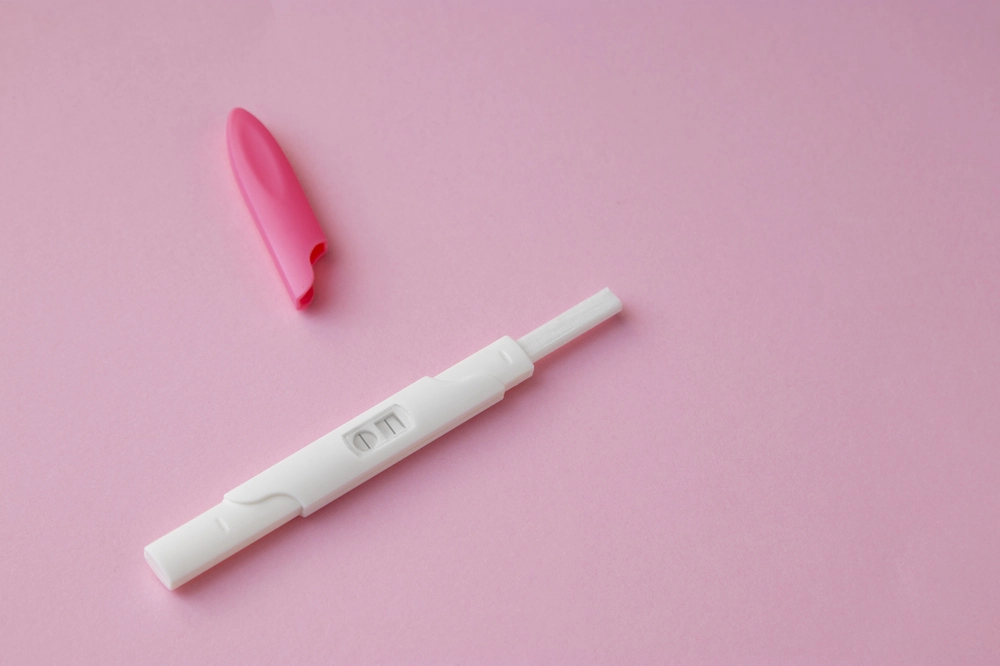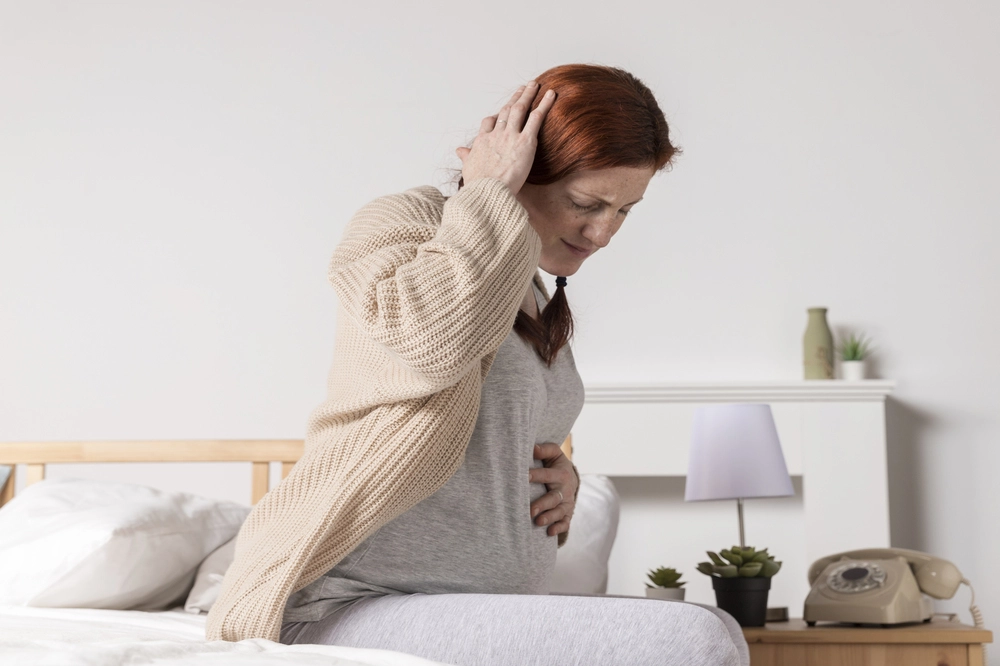Pregnancy is a life-changing journey that begins even before you know you’re pregnant.
Here’s everything you need to know about the signs and symptoms of pregnancy, which marks the start of a new chapter in your life.
When do early pregnancy symptoms start?
Every woman’s body is different, and thus, the timing and intensity of early pregnancy symptoms can vary.
You may notice early signs of pregnancy as soon as one to two weeks after conception or not notice anything until several weeks into the pregnancy.
Signs and symptoms of pregnancy
Early pregnancy symptoms are often the first hint that you might be pregnant. These signs can be subtle and easily confused with premenstrual symptoms.
Some of the most common early pregnancy symptoms include:
- Missed period. One of the most definitive first signs of pregnancy is a missed period. This is often the symptom that prompts women to take a pregnancy test.
- Increased levels of hormones, especially progesterone, during early pregnancy can make you feel more tired.
- Morning sickness. Feeling nauseous with or without vomiting can occur at any time of day and usually begins around the sixth week of pregnancy.
- Breast changes. Early in the pregnancy, hormonal changes may make your breasts tender, sensitive, swollen or sore. They may also feel fuller and heavier.
- Increased urination. You might find yourself urinating more frequently than usual, a symptom that can start in the early weeks of pregnancy. This is caused by increased blood flow to your kidneys and the growing uterus pressing on your bladder.
- Mood swings. The flood of hormones in your body in early pregnancy can lead to mood swings and emotions that feel out of control.
Other pregnancy symptoms
Apart from the more common signs, there are other symptoms of pregnancy that you may experience.
These include:
- Bloating. Hormonal changes during early pregnancy can cause you to feel bloated, similar to the feeling some women have just before their period.
- Light spotting and cramping. Some women experience light spotting, also known as implantation bleeding, and cramping when the fertilized egg attaches to the lining of the uterus. This can occur when the fertilized egg attaches to the lining of the uterus.
- Food aversions or cravings. Early in pregnancy, you might develop a sudden dislike for certain foods, or conversely, find yourself craving specific foods. Sometimes, you may desire unusual combinations or steer clear of foods you usually enjoy.
- Heartburn and constipation. Hormonal changes can slow down your digestive system, which can lead to heartburn and constipation.
- Dizziness. This may result from changes in your blood pressure and blood flow.
- Metallic taste in your mouth. As a lesser-known symptom, experiencing this may come off as a surprise during the early stages of pregnancy.

How quickly can I know if I’m pregnant?
Determining how quickly you can know if you’re pregnant largely depends on your body’s response to conception and the sensitivity of the pregnancy tests you use. Home pregnancy tests are a reliable method to confirm pregnancy, and they are most effective if taken after a missed period.
For those who are eager to know sooner, some highly sensitive tests claim to detect pregnancy as early as six days before your missed period by measuring the hormone hCG in your urine. If you suspect you might be pregnant due to symptoms or timing, taking a test is a straightforward way to find out.
When should I take a pregnancy test?
It’s advisable to wait until after you’ve missed your period to take a pregnancy test. This delay ensures that the level of the pregnancy hormone hCG has risen enough to be detected by the test.
If you take the test too early, there’s a higher chance of a false-negative result.
Key takeaway
Recognizing early pregnancy symptoms allows for early prenatal care and a healthy pregnancy. If you suspect you are pregnant, it’s always a good idea to confirm with a pregnancy test and consult your healthcare provider.




















































